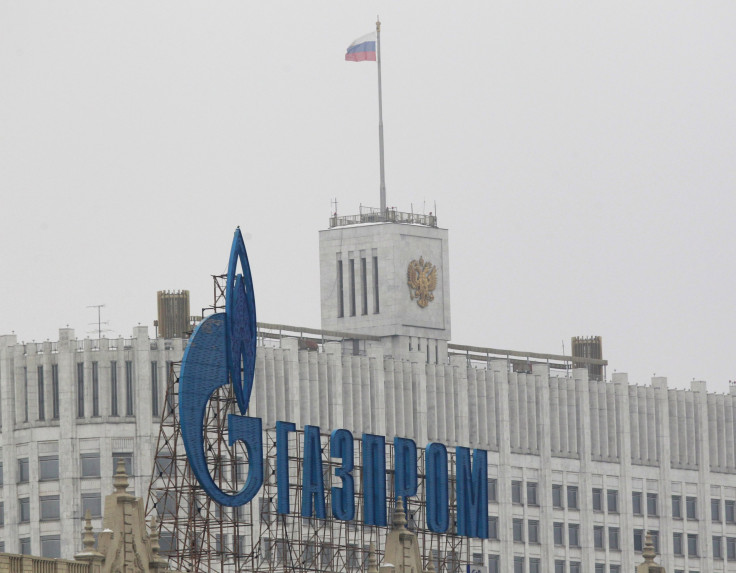Russia-Turkey Relations: Kremlin May Halt Turkish Stream Gas Pipeline Project After Downed Russian Jet

Russia could halt its gas pipeline project in Turkey for several years in retaliation for the recent shoot-down of a Russian jet, Reuters reported. The two countries have been strong trade partners in recent years, despite long-standing disagreements over how to handle Syria and its leader Bashar Assad. But on Tuesday, Russian Prime Minister Dmitry Medvedev approved a host of trade sanctions on Turkey and formalized a ban on charter flights to the country.
Russia’s Economy Minister Alexei Ulyukayev said Tuesday that no decisions have been made on the Turkish Stream pipeline or the $20 billion nuclear plant Moscow was set to build and fully fund in Turkey. But in November, Ulyukayev confirmed the pipeline could potentially be among the projects affected by the sanctions against Turkey.
“There have been no decisions at this stage on suspending, freezing or ending financing for these projects,” he told media in Brussels Tuesday. “We are working on the assumptions that they will be carried out as they were agreed.”
Sources from Russian gas company Gazprom told Reuters that the pipeline project could be halted for several years. No decision has been made within the company about changes to the pipeline’s construction schedule, but they said they are waiting for instructions from President Vladimir Putin.
“We’re expecting that the head of state, in all likelihood, could declare a freezing of Turkish Stream, or at least some kind of timeout should be announced,” an unnamed Gazprom source told Reuters.
The 700-mile Turkish Stream pipeline was intended to pump Russian gas through Turkey and into southeastern Europe. The two countries struck the deal in May, anticipating that the pipeline could begin delivering oil as early as December 2016. After delays and scale reductions, the completion date for the pipeline’s first phase was pushed back to 2017.
© Copyright IBTimes 2025. All rights reserved.





















